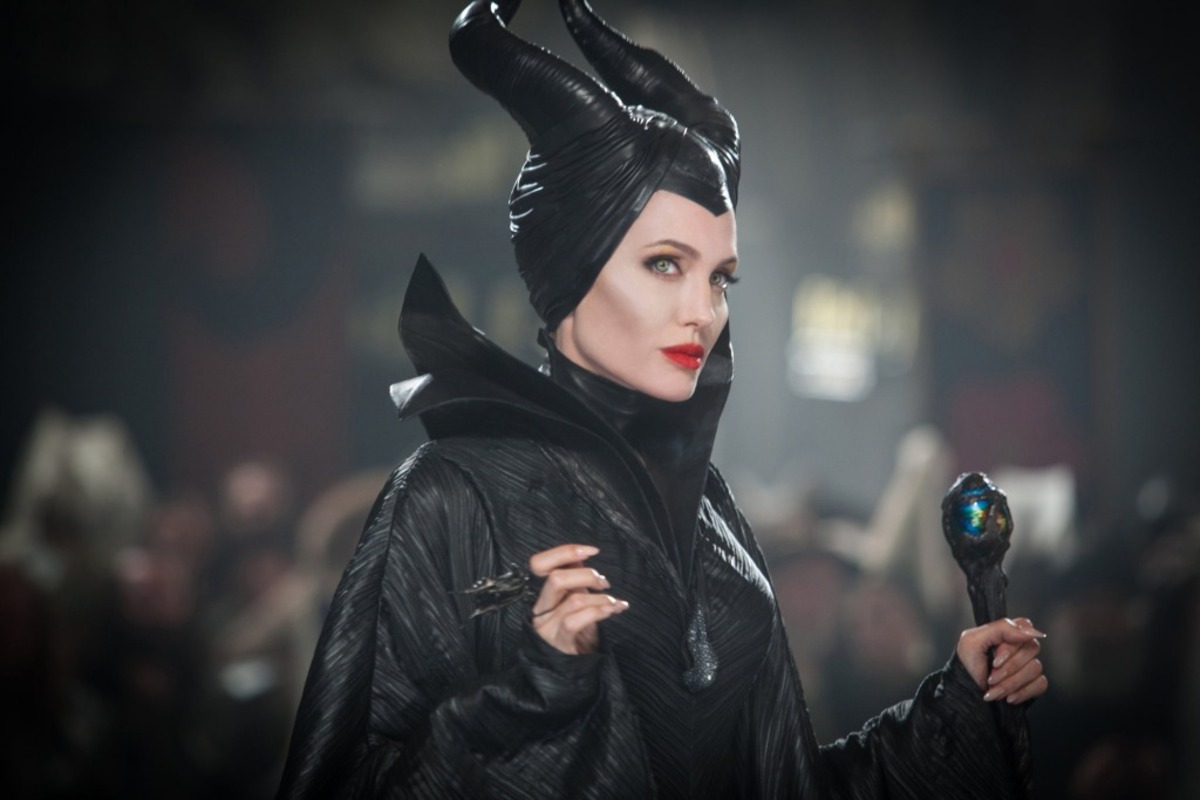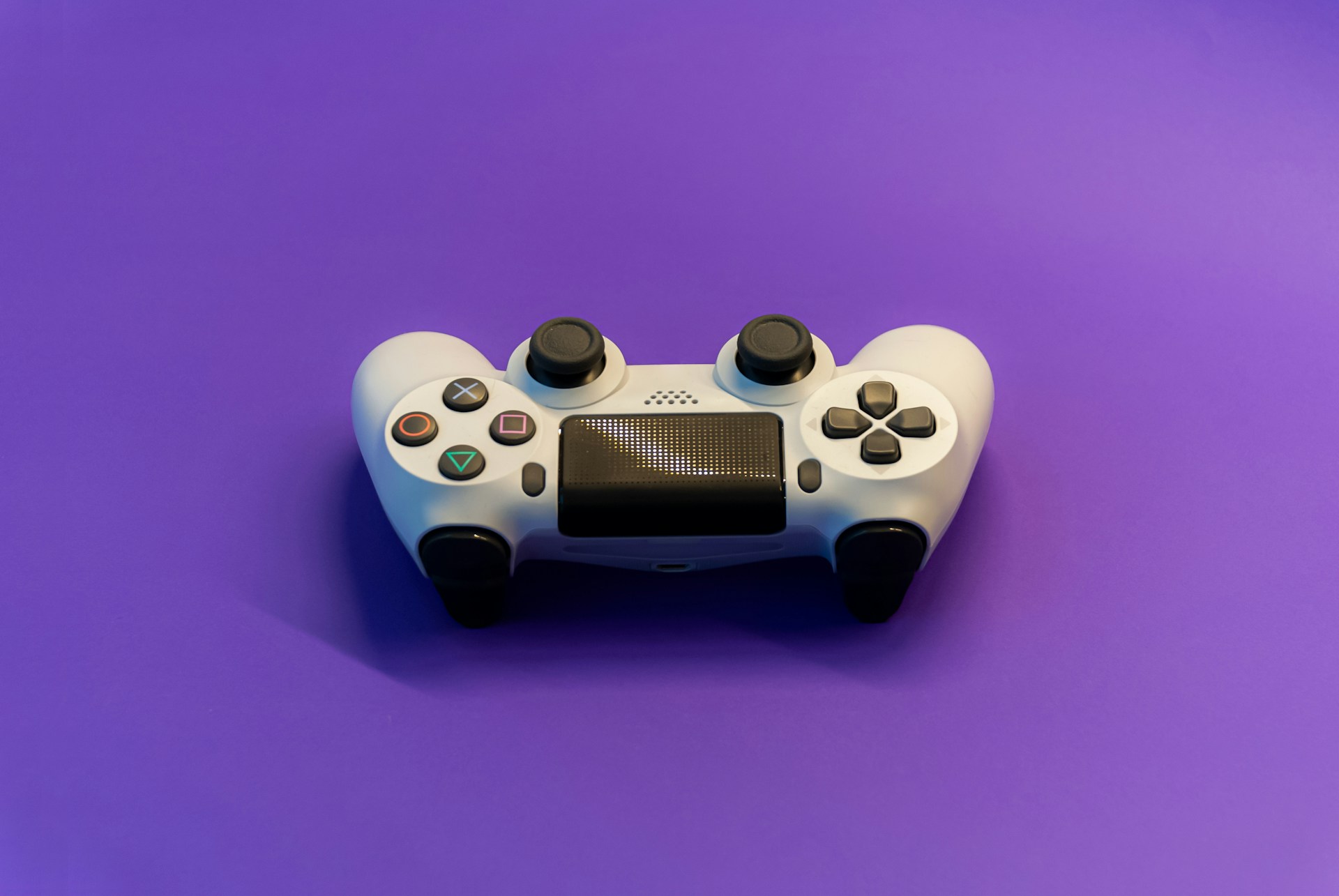Disney’s Maleficent Wouldnt be a Lacky is one of the most iconic villains in film history. Known for her dark magic, distinctive horns, and dramatic talent, Maleficent has captivated audiences for generations. But one thing is clear: Maleficent would not be a lackey. In both the original Sleeping Beauty and the live-action Maleficent films, she is characterized by a powerful and independent force that bows to no one.
In this blog post, we’ll explore why, despite all the challenges and adversaries, Maleficent would never stoop to being anyone’s servant. From her complex personality to her rich character arc, Maleficent’s story teaches us about strength, individuality, and how a villain can still be incredibly likable.
Introducing Maleficent Wouldnt be a Lacky Strength and Independence
When we think of a classic villain, we often picture someone who follows a master and acts as a henchman or lackey in someone else’s evil plot. However, Maleficent has always been much more than that. She is neither a companion nor a servant. Maleficent would not be a lackey, as her character is based on pride, power, and personal conviction.
Whether you are a long-time fan of the original animated film or discovered it through Angelina Jolie’s performance in the 2014 live-action film, one thing is for sure: Maleficent holds her own. What exactly makes her such an impressive character?
The character of Maleficent Wouldnt be a Lacky : a study in power
In both versions of her story, Maleficent’s actions are motivated by her own desires and sense of justice. She is not ready to take over the world for someone else; he has his own agenda. From cursing Princess Aurora in Sleeping Beauty to avenging the betrayal she faced in Maleficent, she has always been a leader, not a follower.
Maleficent gets carried away by her emotions, but never lets them control her. Unlike many stereotypical villains, her complexity makes her more human, someone we can understand and even empathize with despite her dark deeds. She controls her own destiny and doesn’t let anyone dictate her actions. This independence is one of the main reasons why Maleficent wouldn’t be a lackey.
The Symbolism of His Independence
Maleficent’s horns, wings, and striking silhouette symbolize much more than just her evil nature. They represent her autonomy. She is unlike anyone else in her world: a powerful fairy who has the ability to use dark magic. This uniqueness is a major reason why she couldn’t be subordinated to anyone.
In Maleficent (2014), her wings are even a direct symbol of her independence. If his wings are taken away, he loses part of his identity and power. But claiming them is claiming your place in the world, free from anyone’s control. It’s a literal and metaphorical representation of why Maleficent wouldn’t be a lackey.
Why Maleficent Wouldnt be a Lacky on a Team of Villains
It’s easy to imagine Maleficent Wouldnt be a Lacky in a room full of Disney villains. He’s in the same league as other legendary characters like Ursula, Scar, or Jafar. But even in this band of villains, Maleficent wouldn’t be a lackey.
- His Personal Vendettas. While many villains plot to gain power or wealth, Maleficent Wouldnt be a Lacky actions are more personal in nature. You don’t have to follow the orders of others because your goals are entirely yours. Whether it’s seeking revenge on King Stefan or seeking justice for past mistakes, his story is deeply rooted in his own motivations.
- Leadership Skills. Maleficent is the main character in almost every iteration of her story. She commands a legion of henchmen in Sleeping Beauty, directs events in Maleficent, and stands out as a powerful figure even among other magical beings. He has the charisma, intelligence, and strength to be at the top of any hierarchy.
- Refusal to be controlled. No matter who tries to manipulate her, Maleficent always comes out on top. Even when she is betrayed by someone she once trusted, she doesn’t let it define her. Instead, he uses his pain to fuel his power. Maleficent’s character arc shows time and time again that she refuses to be controlled or reduced to a pawn in someone else’s game.
Conclusion: a villain of her own creation
Ultimately, Maleficent Wouldnt be a Lacky would not be a lackey, because her story, her strength, and her motivations are all her own. She is a villain who commands respect, not just because of fear, but because of her complexity and independence. Whether driven by vengeance, love, or justice, she remains a character who stands on her own two feet and refuses to bend to the will of others.
Maleficent teaches us that villains, like heroes, can be multidimensional and relatable. Her story goes beyond just being “evil”: it is about identity, independence, and staying strong even in the face of betrayal.
Maleficent FAQ
- Why is Maleficent considered an independent villain?
Maleficent’s actions are driven by her own motives, not by following the orders of others. She leads with purpose and always acts according to her own desires, making her a very independent character.
- Does Maleficent ever show vulnerability?
Yes, especially in live-action films. She experiences betrayal and loss, but uses these feelings to fuel her strength, making her more complex than a typical villain.
3.What sets Maleficent apart from other Disney villains?
While many Disney villains are power-hungry or serve the plans of others, Maleficent’s actions are deeply personal. His story is about vengeance and justice, not just the pursuit of power for power’s sake.
4. How do Maleficent’s wings symbolize her independence?
In Maleficent (2014), her wings are removed, symbolizing the loss of freedom and power. When she claims them, she regains her autonomy, showing that she cannot be controlled.
5. Why shouldn’t Maleficent be a lackey on a team of villains?
Maleficent’s leadership, personal motivations, and refusal to be controlled make her unsuitable for a subordinate role. I would never take orders from anyone else.
6. Is Maleficent evil or is it misunderstood?
It is often portrayed as both. While she does commit dark deeds, her actions are often motivated by past wounds and betrayals, making her a tragic figure rather than a purely evil one.











